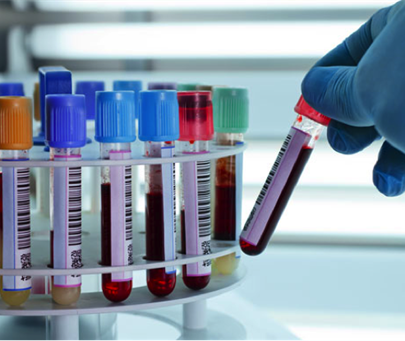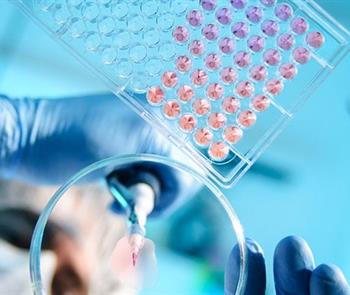
Department of Diagnostic Laboratory
Global statistics show that one out of every 1,500 live births has metabolic disorders. It seems that the prevalence of this category of diseases is more due to the frequency of family marriages in our country. Accurate and timely diagnosis of metabolic disorders is the key to the treatment of this category of diseases and, if possible, can significantly prevent hereditary disabilities and deaths of infants and children. Also, by using prenatal diagnostic methods, the occurrence of metabolic disorders in subsequent pregnancies will be significantly reduced. Therefore, today in most of the developed countries of the world, metabolic diseases of newborns are detected and treated before symptoms appear and as soon as possible after birth with the help of a screening test on a drop of blood from the heel. Our specialists and experts at Nesl Omid Medical Institute have provided the possibility of accurate diagnosis and timely treatment of these disorders by creating a broad service platform and with close cooperation and interaction between diagnostic laboratory departments, clinical diagnosis department and molecular genetics department.
If you are applying to use screening services for hereditary metabolic disorders in your baby, keep in mind that screening for these disorders in babies, like other medical diagnosis methods, is not able to diagnose diseases in 100% of cases and is associated with false positives and negatives. Therefore, if the result of your baby's screening is high-risk, we are by your side with your highly specialized and detailed advice in the clinical diagnosis department of this center, and then performing advanced, purposeful supplementary tests step by step. This department is one of the few centers in the country that is equipped with HPLC method to perform other biochemical tests such as amino acid analysis and GC/MS method to check urinary organic acids and also to check plasma sample in MS/MS system to confirm acyl carnitine metabolism disorder.
Our colleagues in this department, with the utmost sensitivity and precision, which is worthy of you applicants for this service, are trying to maintain the good trust that health policymakers and committed colleagues throughout the country have in this collection by complying with global standards.

